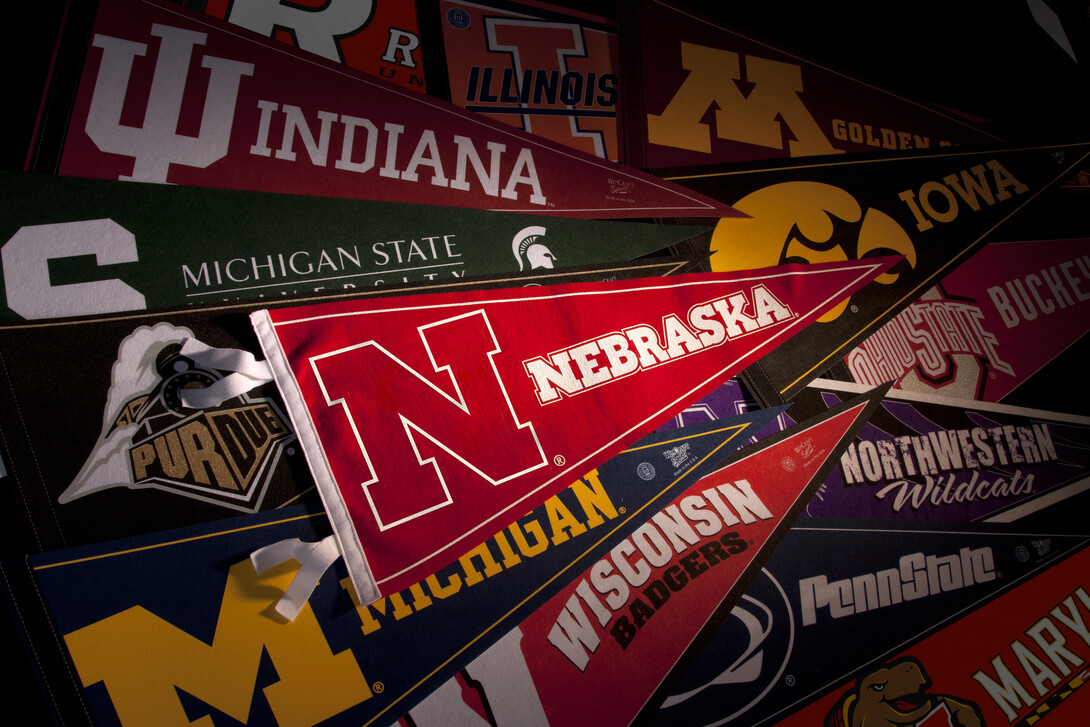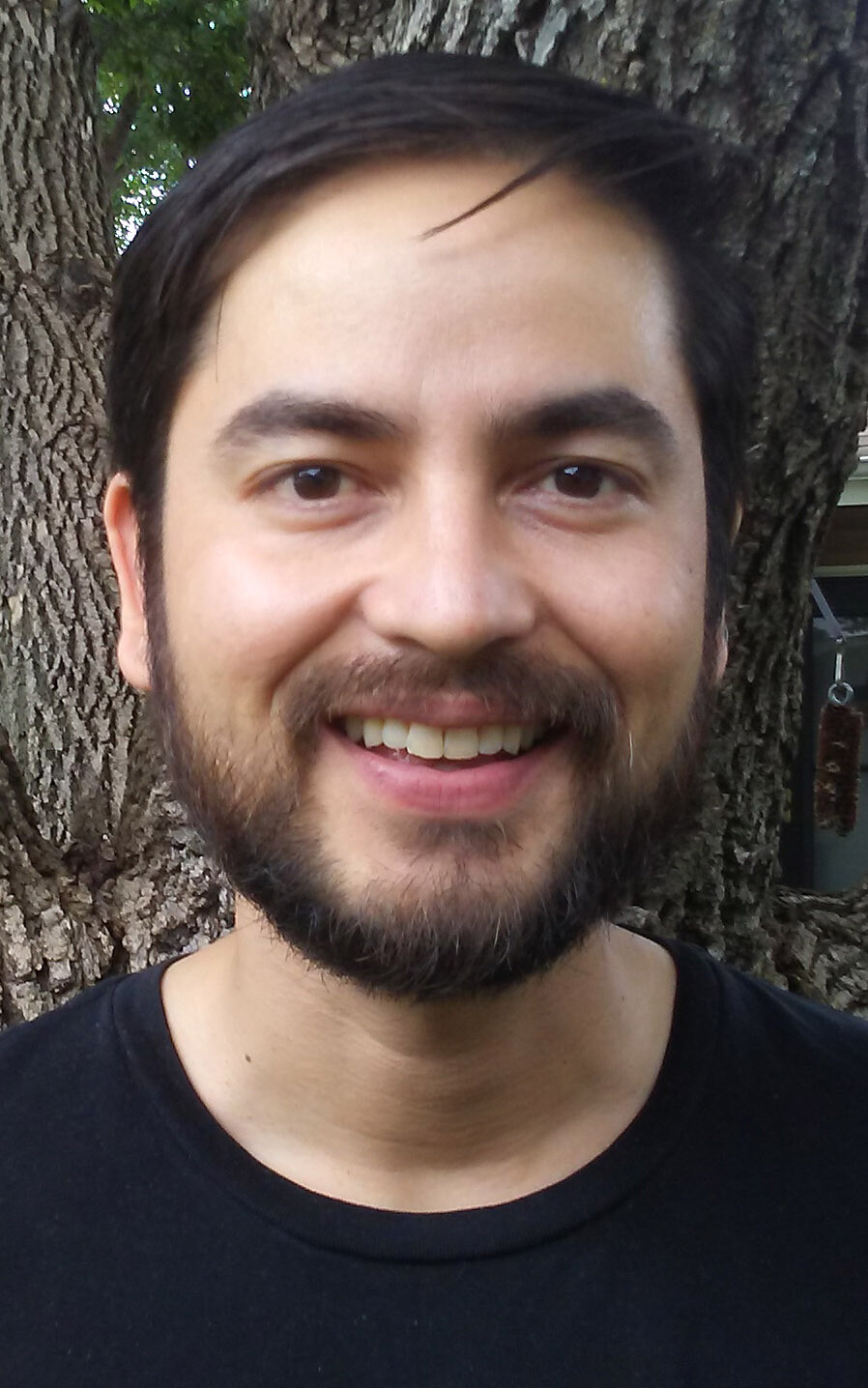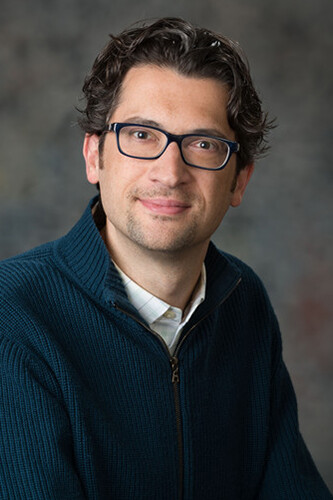
University of Nebraska–Lincoln doctoral candidate Matthew Guzman is on track to graduate in May, so he’s entering a new space — the job market.
He’ll have a leg up after giving an invited lecture at Michigan State University on Sept. 10, making him an inaugural participant in the Big Ten Emerging Scholars Lecture Series. The new program was co-organized by Nebraska Professor and English Department Chair Marco Abel.
Guzman spent the day on campus at Michigan State to give his lecture, meet fellow graduate students and faculty members, and sit in on a poetry class.

Guzman’s talk focused on Walt Whitman and his time volunteering in Civil War hospitals, where he witnessed death, amputation and disease. Then, Guzman turned his attention toward Whitman’s work more broadly.
“It deals with life as a condition of dismemberment following the Civil War and how that’s reflected in Whitman’s work, and how he portrays animals,” Guzman said.
Guzman’s experience is exactly what Abel and his counterpart at Michigan State University, Cara Cilano, had in mind when they took the initiative to co-organize a meeting of Big Ten English chairs in April 2018. The first item on the agenda was finding a way to help the conference’s English graduate students and recent graduates of its doctoral programs.
“The job market in English studies is tough — not nearly enough jobs, let alone tenure-line jobs, for English Ph.D.s — so we tried to think of an initiative that might help them in their efforts to find a job,” Abel said.
They came up with the Big Ten Emerging Scholars series, and the idea was received with enthusiasm by their colleagues.
The series benefits both the scholars and the departments that host them, Abel said. For the scholars, it’s an important addition to their curriculum vitae as they prepare to seek a job and build their CV. It’s also an opportunity for networking in their field of research and to gain experience and training in presenting their research to a wider audience.

For the hosting department, the series brings new ideas, exposes it to cutting-edge research and gives the graduate students a chance to witness how their peers present themselves. Overall, Abel said, the series will also build a sense of community among Big Ten English departments.
Abel said the lecture series will grow in prestige as it becomes more established, as it is a competitive, invited lecture. Each department is asked to put forward three nominees to the committee of Big Ten English department chairs, and then each chair chooses the scholar and topic that best fit with their department.
Guzman’s talk was a good fit for Michigan State, in conjunction not only with its English department but also its interdisciplinary animal studies program, which focuses on the relationship between humans and animals.
Nebraska invited recent Michigan State graduate Laura McGrath. McGrath, now associate director of Stanford University’s Literature Lab and postdoctoral fellow in English, also gave her talk, “Comp Titles, Computation, and Contemporary Literature,” Sept. 10.







